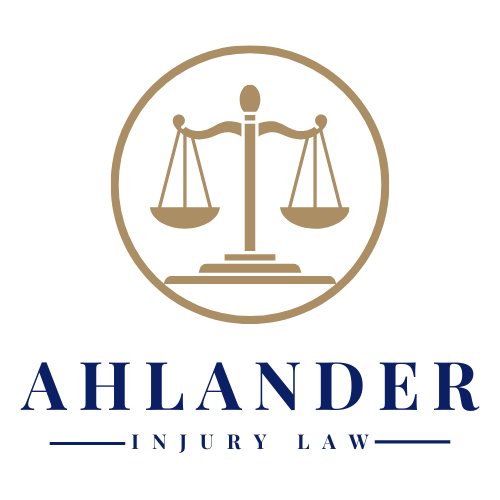The Dangers of Truck Blind Spots
When driving on a freeway, everyone encounters big semi-trucks and other box trucks. Driving alongside these big vehicles can be stressful and it’s important to understand the risks. These trucks have large blindspots and understanding these blindspots can help you to stay safe.
What Are Truck Blind Spots?
Blindspots are any areas surrounding a vehicle that are difficult for the driver to see even when using mirrors. These blindspots can pose dangers to other vehicles who may be in them and they can lead to unintentional collisions. Since trucks are such large vehicles, they have many blindspots that need to be avoided. These include immediately in front of the truck, immediately behind, along the sides on a diagonal, and right below the driver’s window.
Why They’re Dangerous
The blindspots of a truck nearly surround the entire vehicle. Because of this, it can be unsafe to be next to a truck at any point. It’s difficult for them to see you and it can lead to a very serious collision since their vehicle is likely much larger than yours. Collisions can occur both due to the vehicles driving in the blind spot and the actions of the truck driver. Aggressive driving of any kind can lead to an accident. If the truck driver is fatigued or doesn’t check their blindspots then this can also lead to a collision.
How to Drive Safely
You can’t control what a truck does on the road, but you can control how you drive around them. The best way to be safe when driving alongside a larger truck or semi is to practice safe driving. In general, you should avoid a truck’s blindspots and drive past them quickly (but safely) when you are alongside one. When pulling in front of a semi, allow extra space before merging because they can’t see directly in front of them. If you are behind a truck, don’t follow too close behind. They can’t see you and you’re likely to end up in a rear-end collision.
Being safe on the road should be your top priority. Understanding truck blindspots can help you know how to best drive alongside these larger vehicles. You can avoid nasty accidents and provide a safer environment for all drivers.
Have you been injured in a truck accident? Click here to find an injury lawyer to represent your case.
The post The Dangers of Truck Blind Spots appeared first on Ahlander Injury Law.





